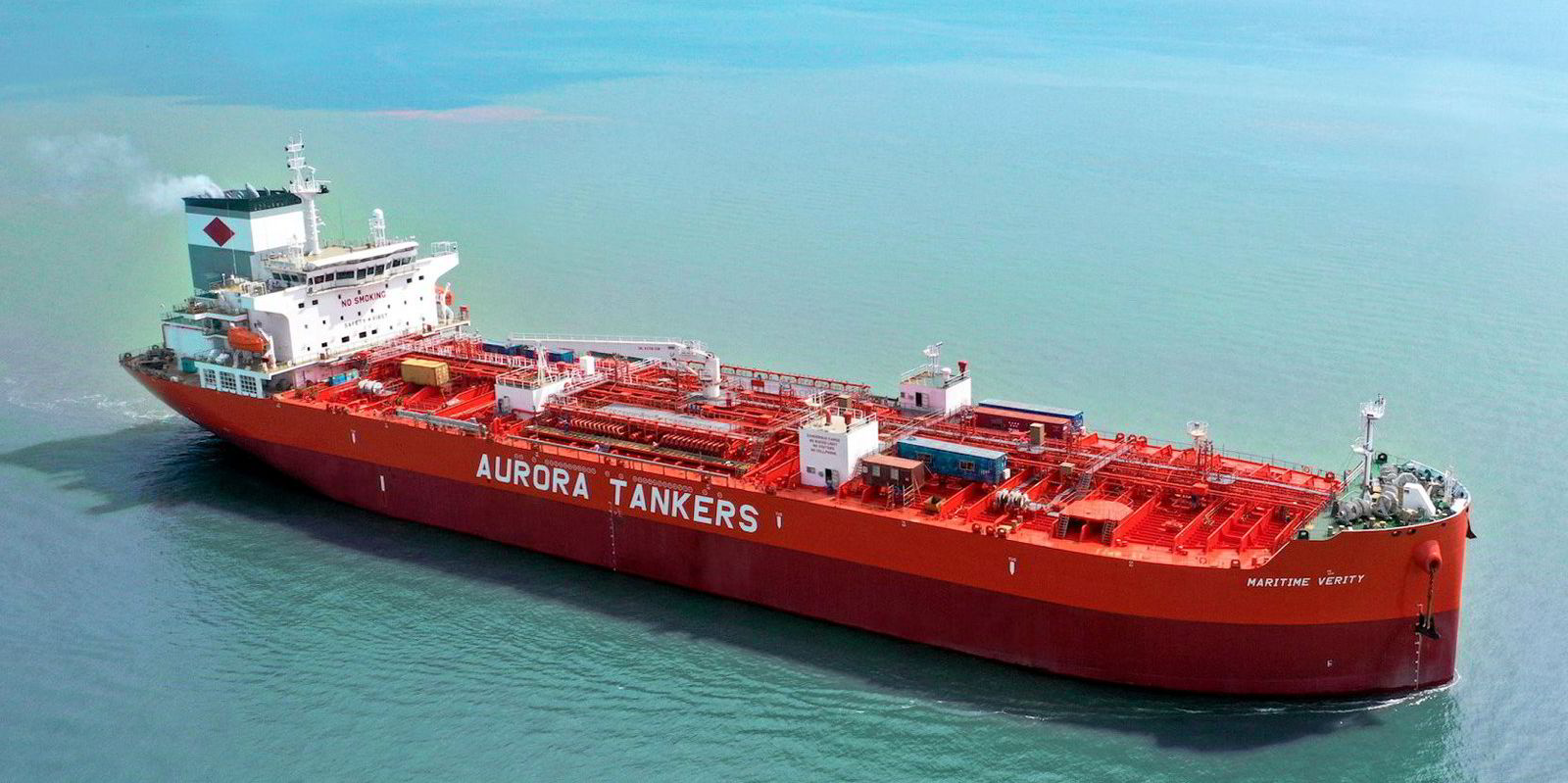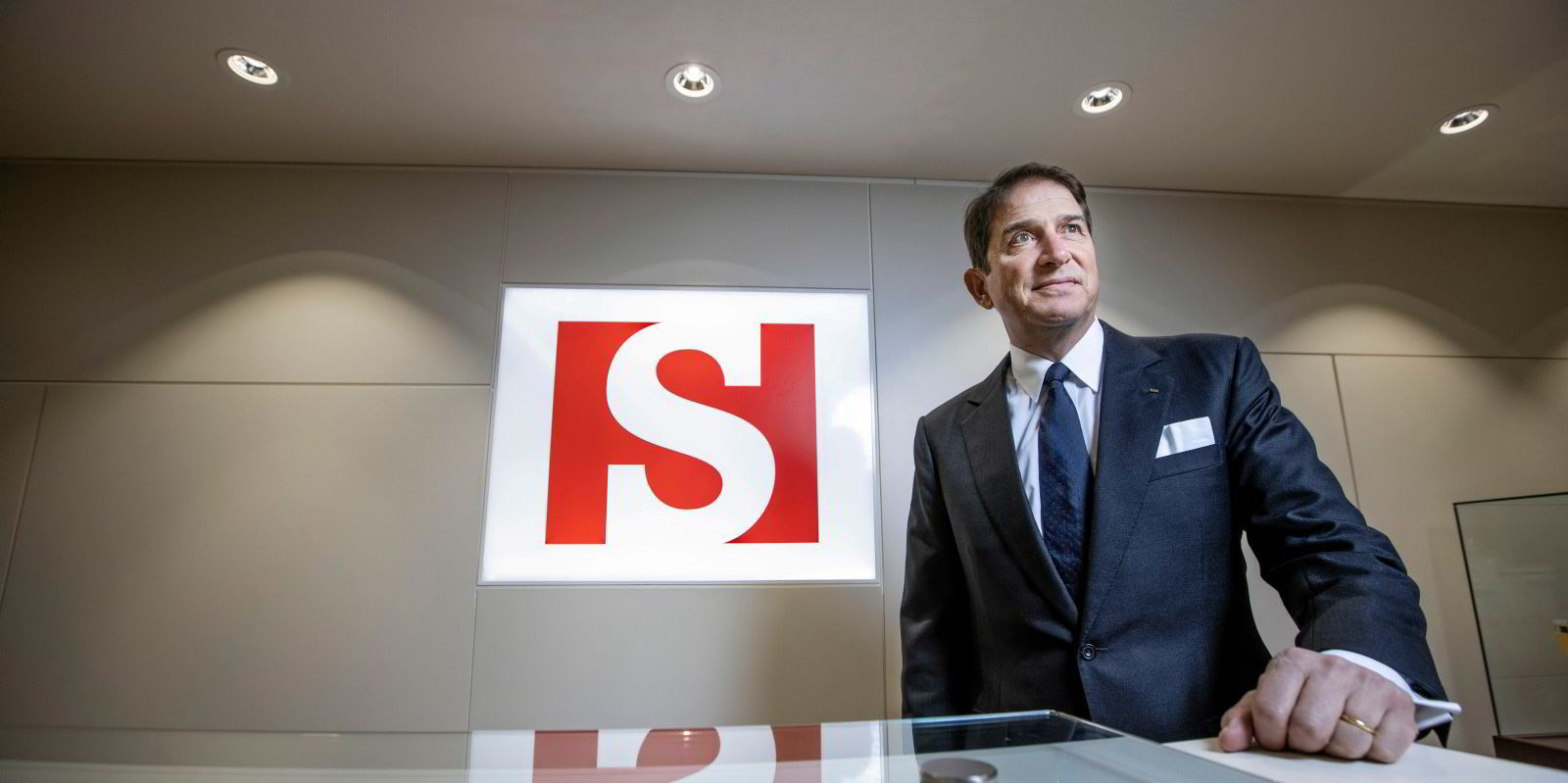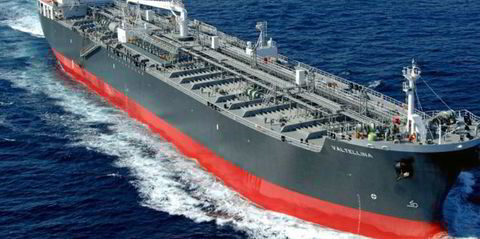Time charter rates for chemical tankers have doubled after charterers baulked at paying eye-watering contract of affreightment (COA) rises.
Adrian Brown, head of chemical research at broker Simpson Spence Young (SSY), said the market began to boom during an “unforgettable summer” in 2022.
Earnings continued their meteoric rise on most trade lanes globally, building on the gains recorded after the start of the Ukraine war.
For Europe, in effect faced with a ban on importing Russian chemicals, and with its own chemical industry hobbled by crippling energy costs, an increase in imports from other regions was the only solution, Brown explained.
Some charterers, faced with COA renewal levels ranging from 10% to 75%, elected to time-charter tonnage instead and effectively doubled the usual hire rates, supporting secondhand values.
“Strangely, the European domestic market did not collapse as some had expected. Instead, owners’ psychology altered,” he said.
“No longer were they on the back foot, and, buoyed by the knowledge that space was in short supply thanks to the impact of the war, freights maintained their upwards momentum.
“The removal of Russian chemical exports could have been expected to result in a collapse of the chemical market in the North Sea and Baltic and the potential relocation of the fleet, leading to potential oversupply in other European regions, but paradoxically, the opposite has occurred, at least so far.”
Logic would suggest, however, that with European inflation running at around 10%, consumers will cut back on expenditure, he believes.
And with fiscal policies being introduced to combat inflation, coupled with the promise of further electricity price increases in the spring, chemical demand could weaken.
‘Tumultuous’ year ahead
Brown said 2023 looks set to be a tumultuous year for the chemical carrier market: “Tonnage supply remains tight. The orderbook is very small for dedicated chemical vessels, with fewer than 40 tankers ordered over the last six months.”
But low scrap values have discouraged owners from recycling older vessels.
Efficiency regulations are likely to result in slow steaming for these less-efficient tankers, which is “essentially the majority” of the fleet, in effect reducing tonnage supply.
And should clean tanker rates remain firm, he said the threat of swing tonnage entering the chemical sector will be removed.





